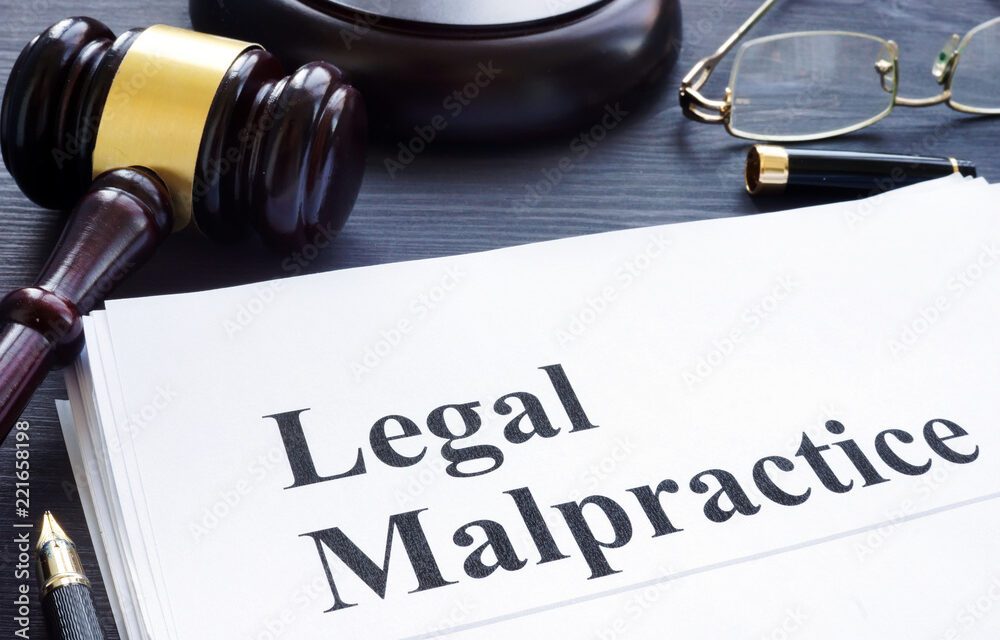(AND MOST EVERYWHERE ELSE)
A successfully prosecuted cause of action for what is generally thought of as the tort of legal malpractice is as follows:
(1) The defendant attorney owed the plaintiff a duty as the result of being his lawyer;
(2) the attorney breached that duty;
(3) the breach proximately caused the plaintiff’s injuries; and (4) damages occurred. The duty owed would be a duty to perform—to render legal services non-negligently, and the duty of care is that the lawyer would perform as would any prudent lawyer would under the circumstances.
Another way to think about legal malpractice is in terms of Elements (1) and (2) by themselves. This is nothing but a conventional differentiation. Some legal malpractice cases involve a single error (or a small interconnected set of related errors). Other cases involve one mistake after another, including prolonged continuous and/or continual omissions. (Of course, this is not to say that negligence the foundations of all forms of malpractice. There are deliberate acts which constitute legal malpractice.
Moreover, some might say more controversially or–perhaps better put—less well known, that any act or omission allegedly having legal malpractice involved in them, the terms “competence,” “incompetence,” “competent,” and “incompetent” can be used nearly as a synonym for “malpractice.” Negligent professional conduct toward a client by an attorney is always incompetent, an all instances of this sort of incompetence are a sort of malpractice. The average prudent practitioner is, as a matter of fact, not incompetent when performing legal tasks for a client; the prudent lawyer is not incompetent when accepting or undertaking an representation from a client Thus, being incompetent can be far worse than “merely” being negligent, mistaken, or lacking average prudence, but the general concept of incompetence includes negligence. It also includes some intentional conduct. All incompetent lawyering entails malpractice in rendering legal services.
Lawyers are fiduciaries of their clients, but the existence of a fiduciary duty does not make a lawyer anything like a trustee with regard to all the client’s interests. The scope of the fiduciary duty and the attorney’s responsibilities are found in the attorney-client contract, not in the generalized law of fiduciary duties.
Systematic or generalized incompetence that is within the scope of the client-attorney agreement in handling a case entails or indicates–although it does not completelhy prove–gross legal malpractice in it’s various components, aspects, dimensions, or species (where legal malpractice is conceived of as a genus).





Recent Comments